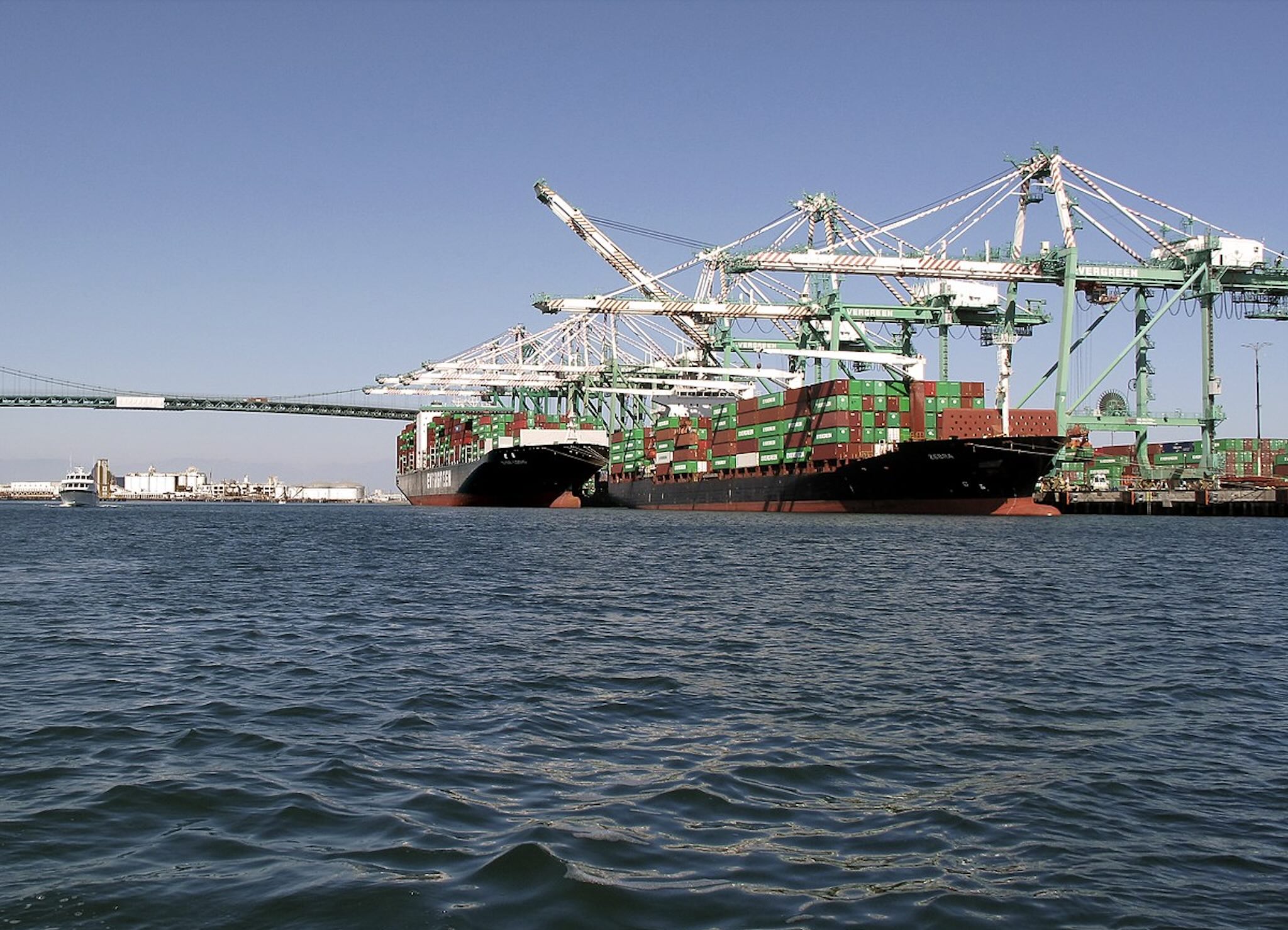Have a story idea
Have a story idea? Send it to us here.

Source : Wikimedia
August 9, 2025
Author : Alex Bustillos
American supply chains are once again facing disruption as tariff increases and volatility in global trade create headaches for manufacturers, contractors, and infrastructure stakeholders. Once-enthusiastic feelings around “reshoring” - the act of bringing production back to the US are facing headwinds as organizations assess costs and policy risks.
A key factor is the evolving tariff policy of the outgoing Trump administration, which is threatening additional duties on goods from China, Mexico, and Vietnam. Impacts on resale distribution have already reverberated throughout various sectors due to tariffs being levied. Global Finance Magazine recently queried whether reshoring efforts could survive on a sustained basis amid political and economic tumult.
Cost fluctuations brought on by trade tension expose the construction industry to a particular level of risk. As previously noted in a report, contractors working on federally funded infrastructure projects are facing volatile material pricing, delays in production, policy changes, and limited margins.
Stanley Black & Decker is one example of a firm forced to navigate views on price fluctuations and rising costs while also navigating an estimated $800 million in tariff-related costs for 2025, according to MSN Money. The firm has plans to implement $500 million in cost reductions and to raise its prices on some of its most commonly used tools and equipment.
The overall outlook for construction supply chains is no less complicated. As reported by Construction Dive, in the face of rising costs, contractors are being forced to adjust their procurement methodologies and relationships with suppliers, particularly firms that were solely reliant on overseas goods. Similarly, the federal government has begun to increase domestic capacity.
As the federal government became more focused on manufacturing, the Department of Labor and the Small Business Administration entered into a memorandum of understanding to strengthen domestic production and workforce pipelines. That effort, mentioned in a recent article from Contractor News is part of a larger effort to decrease reliance on foreign-made materials and increase small business participation in the nation’s industrial growth.
That said, reshoring is not easy. While certain United States-based companies are capitalizing on new plans on home soil to stay away from tariffs, others are shifting production to cheaper locations like Southeast Asia or Latin America, which undermines the dream of an entirely American-made supply chain in the long run.
With federal trade policy continuing to develop and persistent demand for building, contractors need to factor flexibility into their procurement strategy and expect to deal with ongoing volatility in material prices and availability.
Category : Federal Government Market Watch
